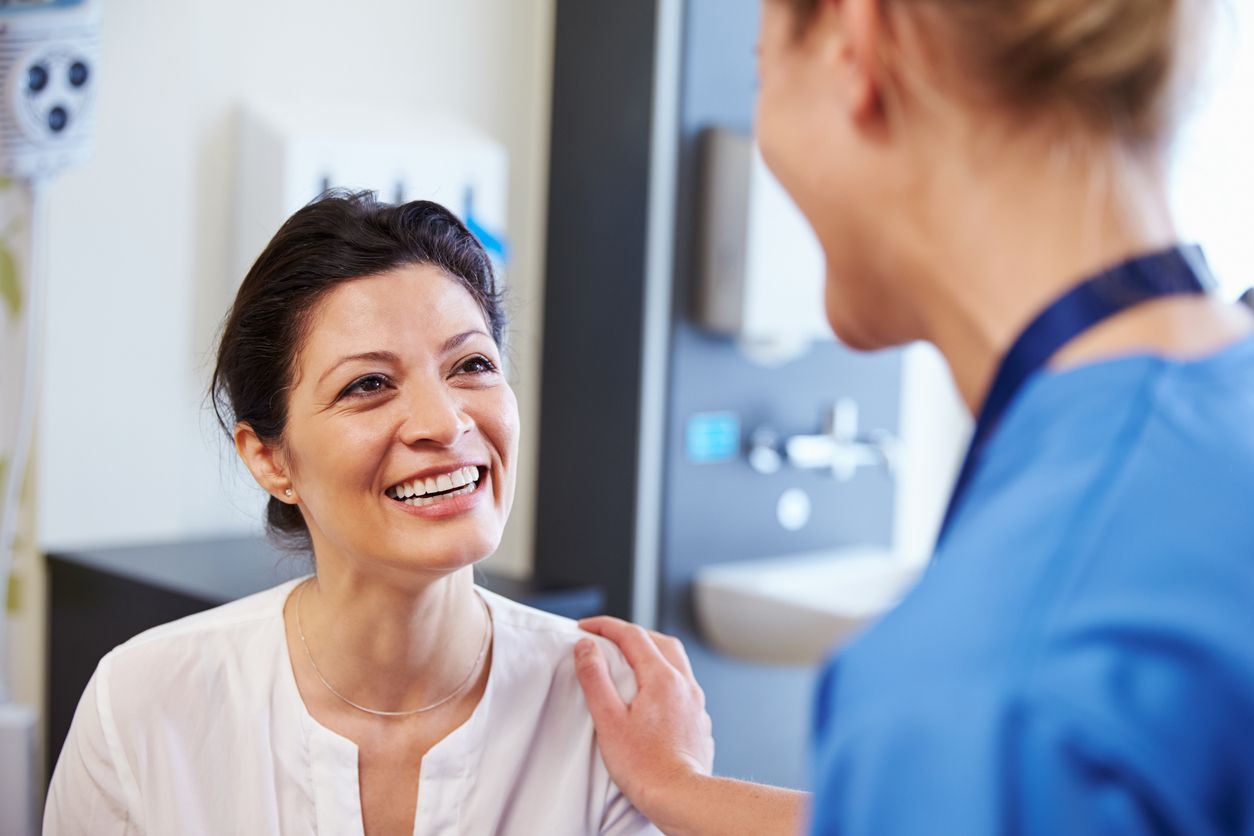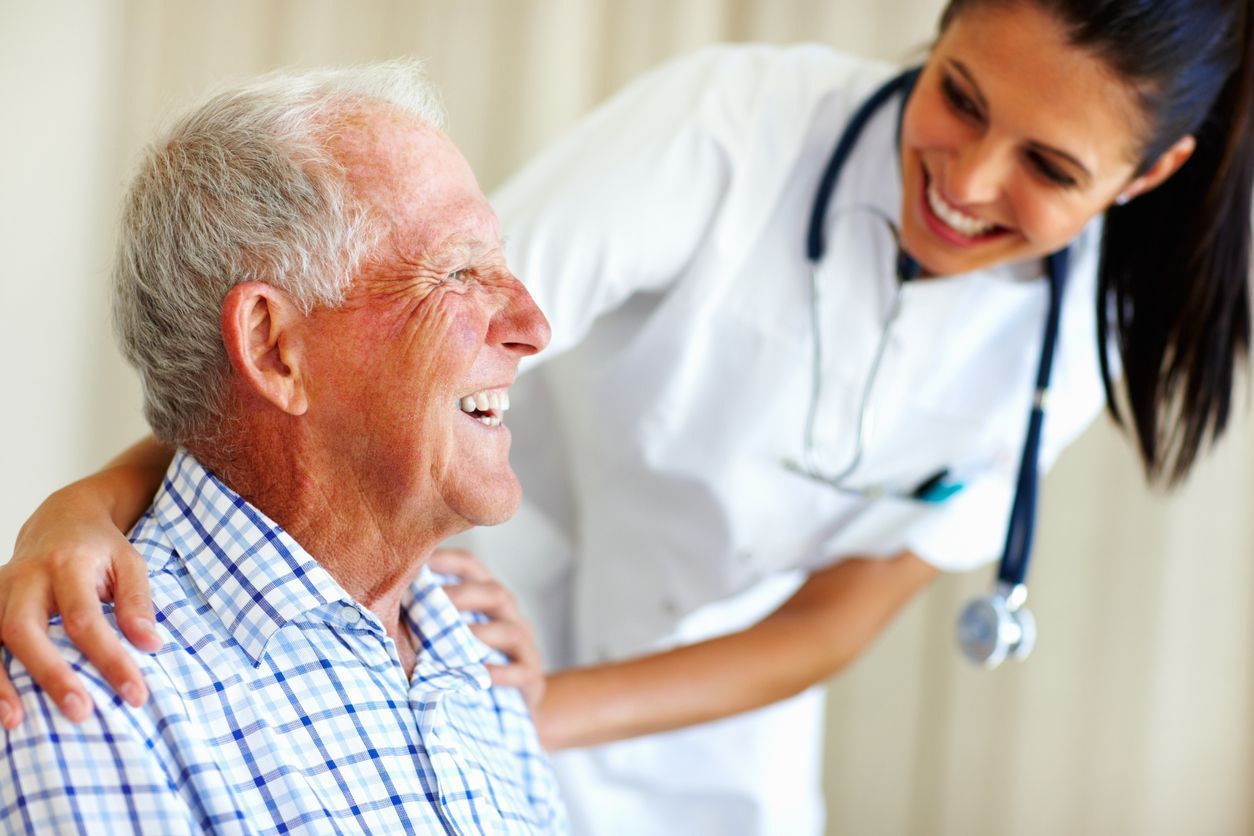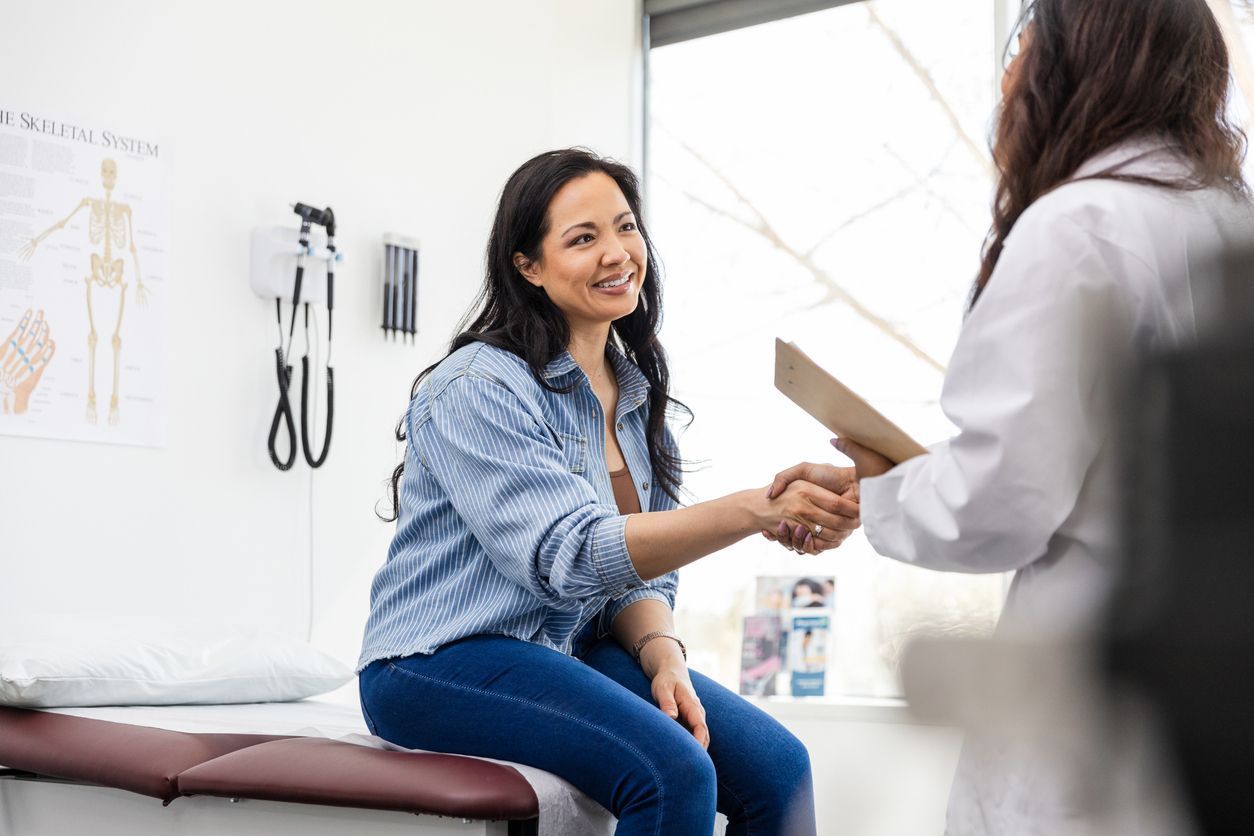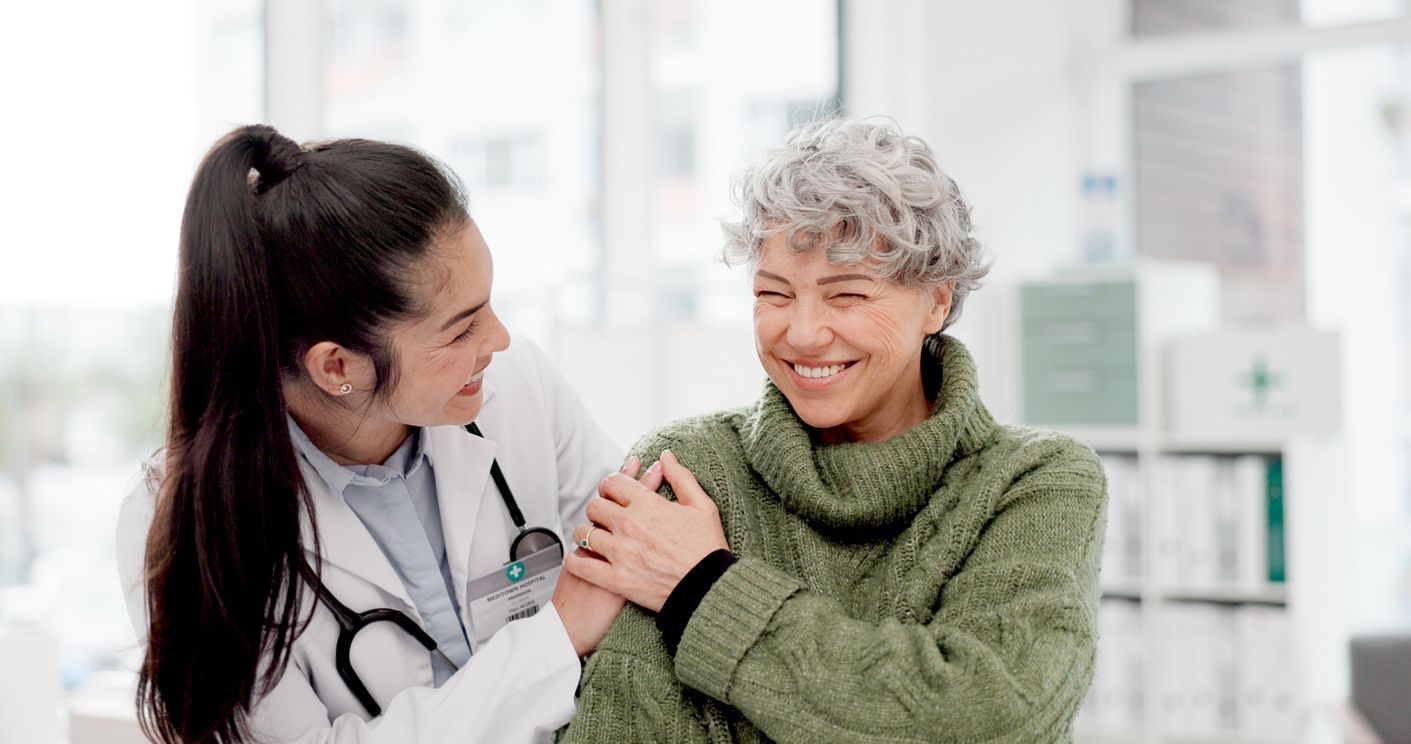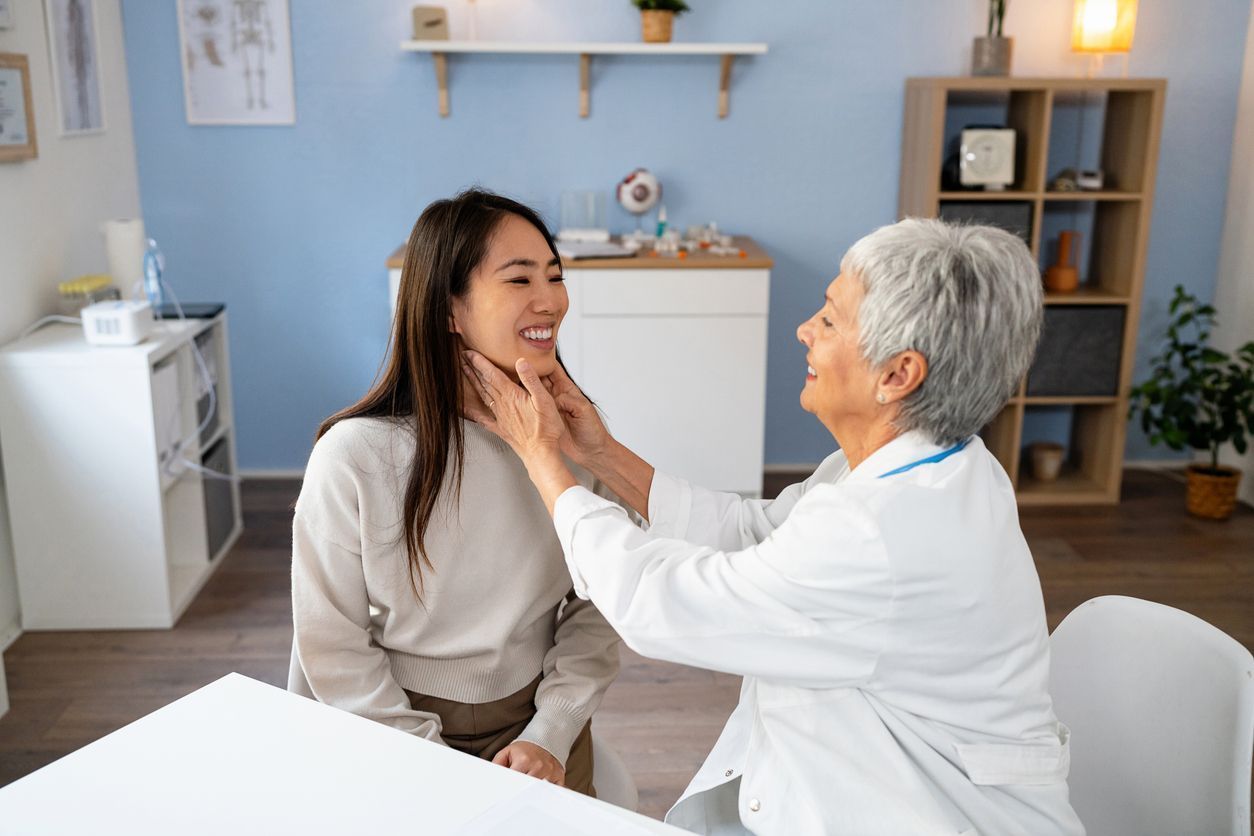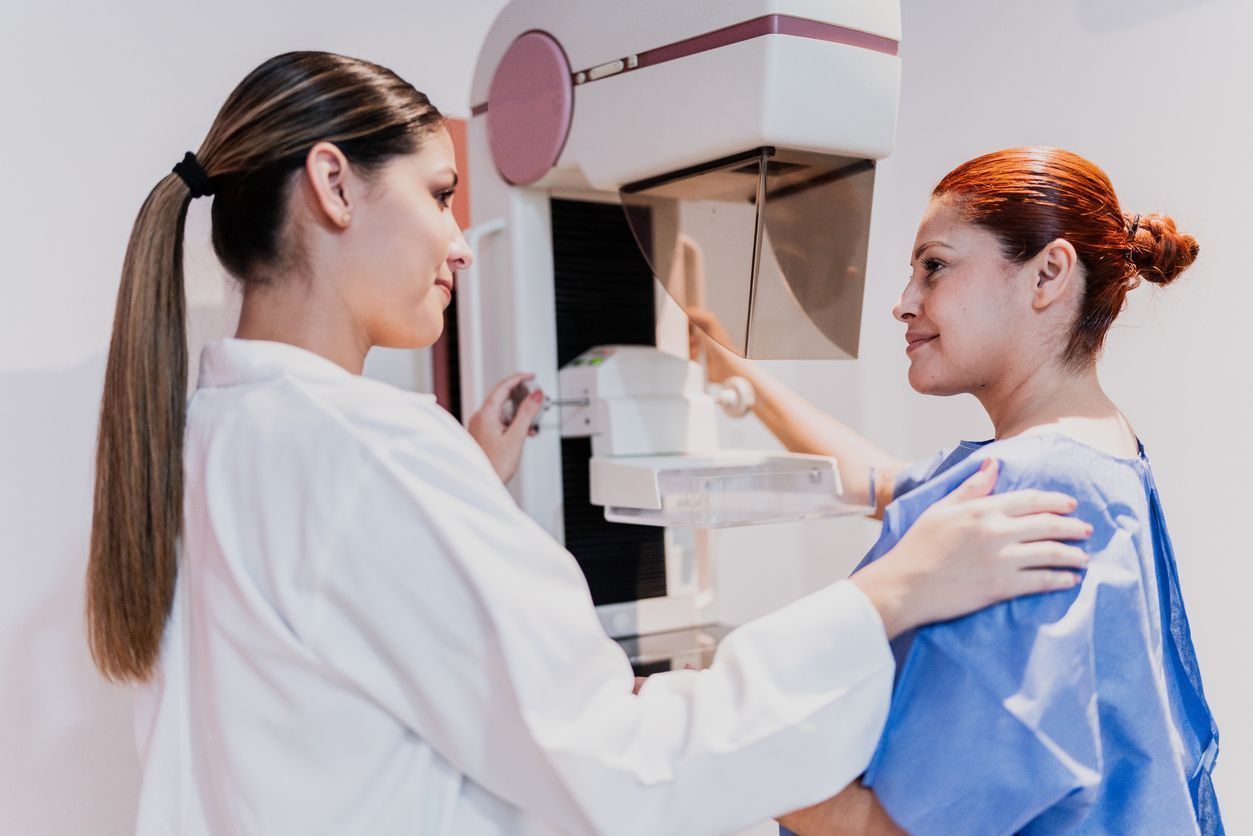How Much Do You Know About Your Breast Cancer Risk? 10 Key Factors to Understand
Breast cancer is a complex disease, and the risk factors that contribute to it are multifactorial. While certain risk factors are out of an individual's control, such as age and family history, there are other factors that people can manage or reduce their risk. Here is a list of some factors that can increase someone's risk for breast cancer:
- Gender: Breast cancer is much more common in women than in men.
- Age: The risk of breast cancer increases as people get older.
- Family history: If someone has a first-degree relative (mother, sister, or daughter) who has been diagnosed with breast cancer, their risk of developing breast cancer increases.
- Genetic mutations: Inherited genetic mutations, such as BRCA1 and BRCA2, can significantly increase a person's risk of developing breast cancer.
- Previous breast cancer diagnosis: If someone has had breast cancer before, their risk of developing new cancer in the same or opposite breast is higher.
- Dense breast tissue: Women with dense breast tissue have a higher risk of developing breast cancer.
- Hormonal factors: Factors that increase exposure to hormones, such as the early onset of menstruation, late onset of menopause, and taking hormonal contraceptives or hormone replacement therapy can increase breast cancer risk.
- Alcohol consumption: Drinking alcohol in moderation or excessive amounts can increase the risk of breast cancer.
- Lack of physical activity: Not getting enough exercise can increase the risk of breast cancer.
- Obesity: Being overweight or obese can increase the risk of breast cancer, especially in postmenopausal women.
It is important to note that having one or more risk factors for breast cancer does not necessarily mean someone will develop the disease. However, if someone has a higher risk due to any of these factors, they may need to start screening at an earlier age or have more frequent screenings than the general population. People should discuss their risk level with their doctor to determine an appropriate screening plan. It is also important to remember that early detection is key to successful breast cancer treatment, so staying vigilant and informed is crucial for everyone. For more information about how you can detect breast cancer early,
contact us
.



